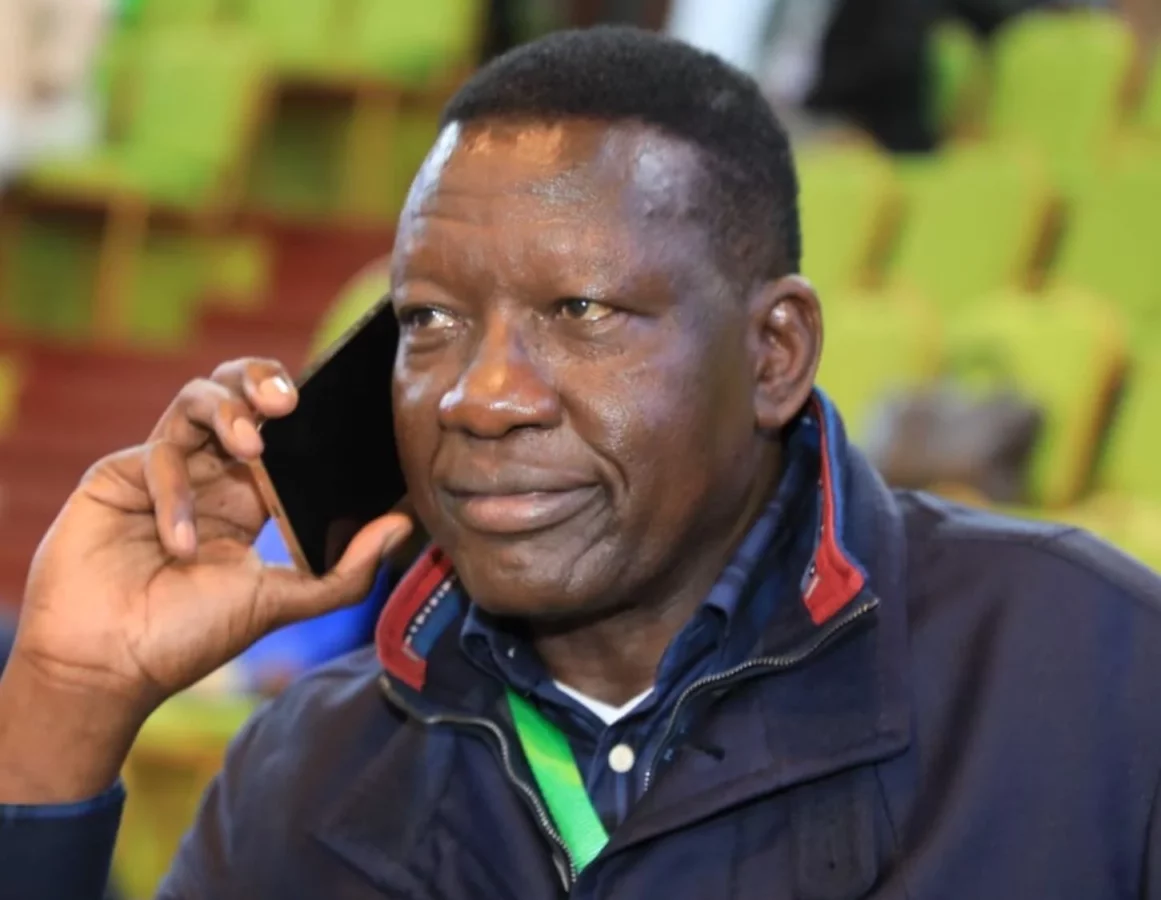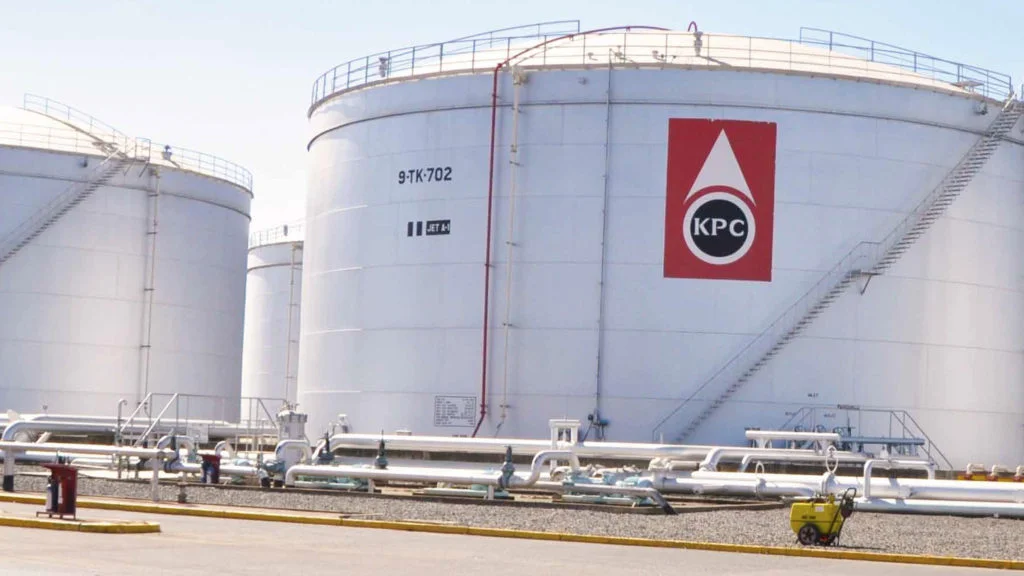Kenya is strengthening its position ahead of Tanzania in its efforts to be a major supplier of petroleum products in the East African region.
Recently, the nation’s cabinet approved the Kenya Pipeline Company’s (KPC) acquisition of assets from the financially troubled Kenya Petroleum Refineries Ltd (KPRL).
In this acquisition, KPC will take over KPRL’s 45 storage tanks, boasting a total capacity of 484 million liters. Among these, 254 million liters are designated for refined products, while the remaining 233 million liters are for crude oil storage.

According to The East African, this move provides Kenya with extensive storage capabilities for petroleum products, as they intend to make use of the newly established Kipevu Oil Terminal 2.
The strategic objective is to enhance Kenya’s capacity to handle transit petroleum products, aiming to attract neighboring countries like Uganda, Rwanda, and Burundi to choose Mombasa as their primary supplier due to the cost-effectiveness compared to Dar es Salaam.
Kenya’s petroleum products have faced higher costs in the area due to increased ship waiting times and demurrage expenses along the supply chain. To retain the Ugandan petroleum transshipment business, Kenya relies on Tanzania’s inadequate fuel transportation infrastructure.
Read Also: President Ruto’s Plan to Lease Management of Five Ports
Additionally, Kenya is enticing Uganda, its primary transit market, to import petroleum products from Mombasa by leveraging the recently constructed $170 million (Ksh24.15 billion) fuel jetty in Kisumu.
President William Ruto of Kenya has ordered the expansion of LPG coverage in the country and the region. To achieve this, KPC will utilize some of the property previously owned by KPRL to construct additional LPG storage tanks.
The design of the LPG imports and storage facility in Changamwe, Mombasa, will be undertaken by Petrochem Engineering Services, a Pakistani company already hired for the task.
Five private enterprises have expressed interest in using the new Kipevu terminal, as it promises to simplify the process of loading cooking gas onto trucks and reduce demurrage expenses.
The KPRL storage facility, which was once owned by Shell and British Petroleum (BP), was sold to Indian company Essar Energy Overseas Ltd. for $5 million (Ksh710.5 million) in 2016. However, the government took ownership of Essar Ltd’s shares six months later.
The government’s decision to import refined oil in 2013 led to the closure of KPRL, which was originally established for crude oil processing.
“This additional storage of about 200 million liters of petroleum products would unlock supply chain bottlenecks in Mombasa and ensure a steady supply of the commodity in the country and neighbouring countries of Uganda, Rwanda, Burundi, South Sudan, and the Democratic Republic of Congo,” said Energy Cabinet Secretary Davies Chirchir.
Subscribe to Switch TV for more exciting content
Currently, over 185 million liters of petroleum products are sent to Uganda annually, with most passing through the Kisumu port and the Eldoret depot. Nairobi has reportedly already sent 27 million litres of petroleum to Uganda this month via the Kisumu oil jetty.
















